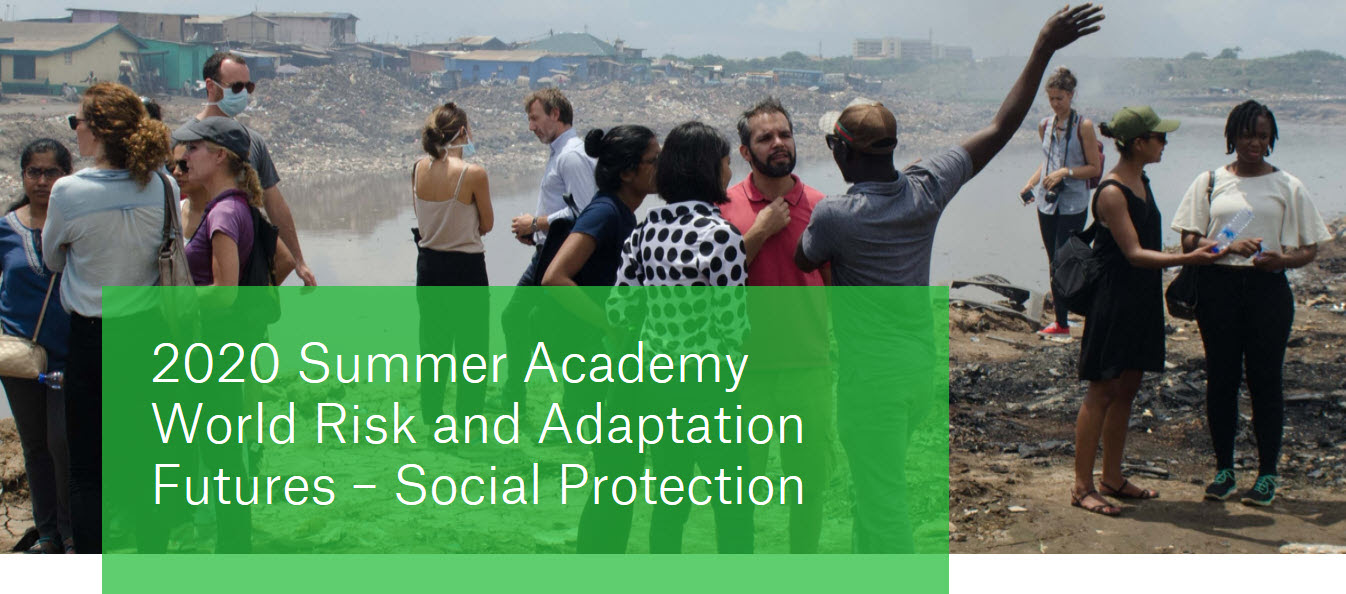The SDGs provide an integrated framework of social, economic and environmental commitments to advance the development in a rapidly changing and complex world. Economic growth is one of the three key pillars of an integrated approach to sustainable development, among other pillars – social equity and environmental sustainability. Hence, it is important to enhance...
https://iesl.lk/SLEN/49/SDG7.php As we know, the key role of engineering is to improve the quality of life of people by developing and providing necessary community infrastructure and services. The provision of clean water and access to appropriate sanitation facilities are the key areas of community wellbeing among other essential infrastructure and services required for basic...
Energy sector is one of the most essential sectors for national development. Access to affordable, clean, and modern energy sources is important to enable many other basic amenities and services: to power hospitals to operate medical equipment and store vaccines at the required temperatures; to light houses to enable children to study to achieve...
The “World Risk and Adaptation Futures – Social Protection” Summer Academy 2020 is being jointly organized by United Nations University’s Institute for Environment and Human Security (UNU-EHS), Munich Re Foundation (MRF) in collaboration with the UNFCCC. The Ludwig Maximilians University Munich (LMU) in Germany and Munich Climate Insurance Initiative (MCII) are associate partners for the 2020 summer academy.
https://iesl.lk/SLEN/48/SDG5.php The role of women in engineering has been getting more attention in the recent past, with more voices for increase in women enrolment in STEM. A recent statistics by Harvard Business Reviews (HBR 2016) highlighted that women make up only 20% of engineering graduates, but it’s been estimated that nearly 40% of women...
A timely write up by Dr. AMA. Saja and Dr. SM. Junaideen providing an overview of six key challenges to the development programs in the Eastern Province of Sri Lanka was featured in Sunday Observer on 18 October 2020. http://www.sundayobserver.lk/2020/10/18/news-features/development-challenges-east By Eng. (Dr.) A.M.A. Saja and Eng. (Dr.) S.M. Junaideen The aim of this...
